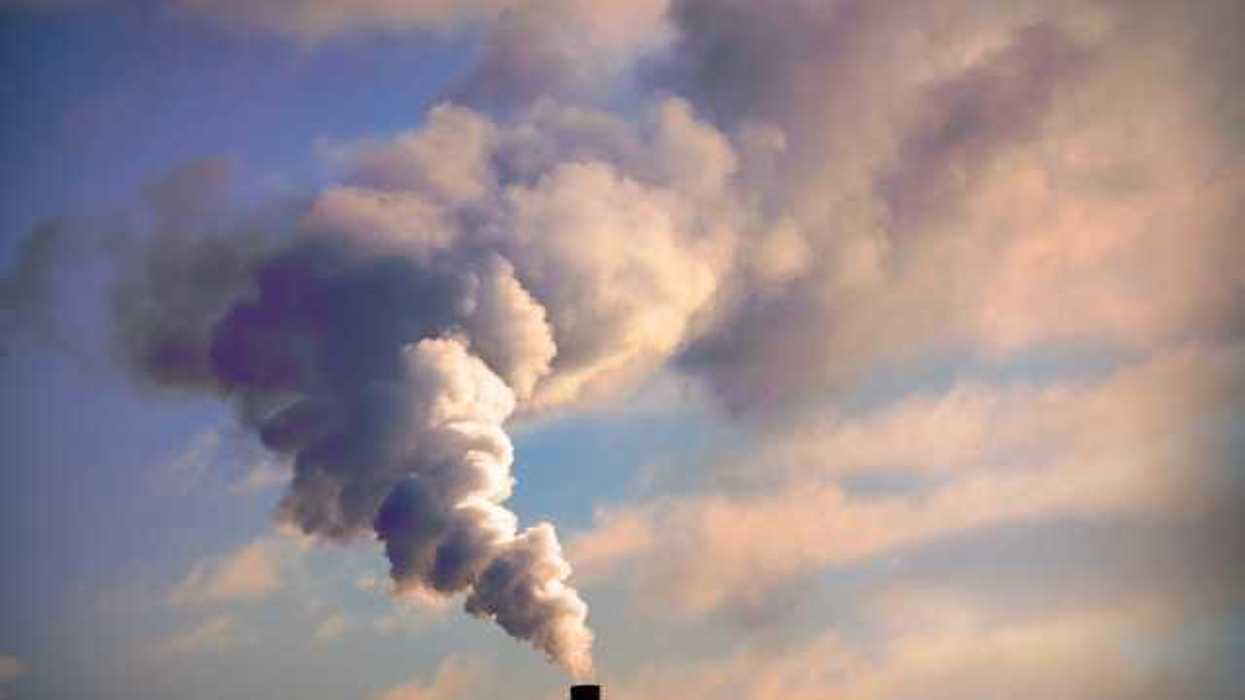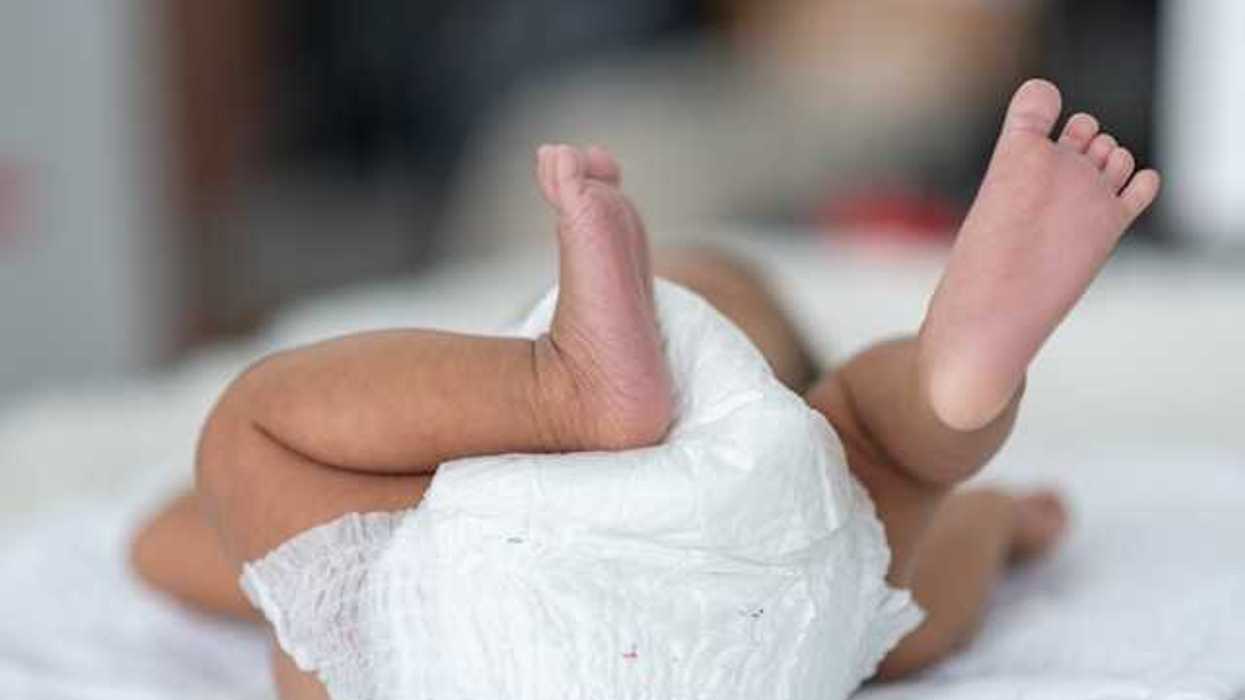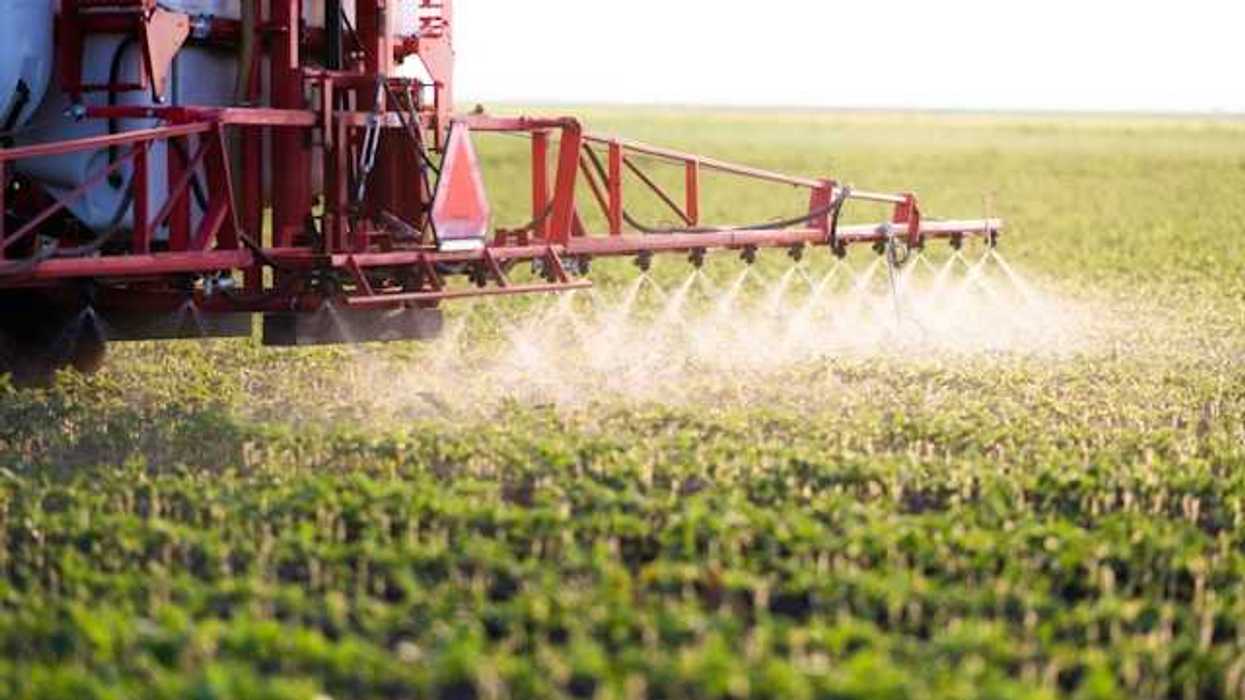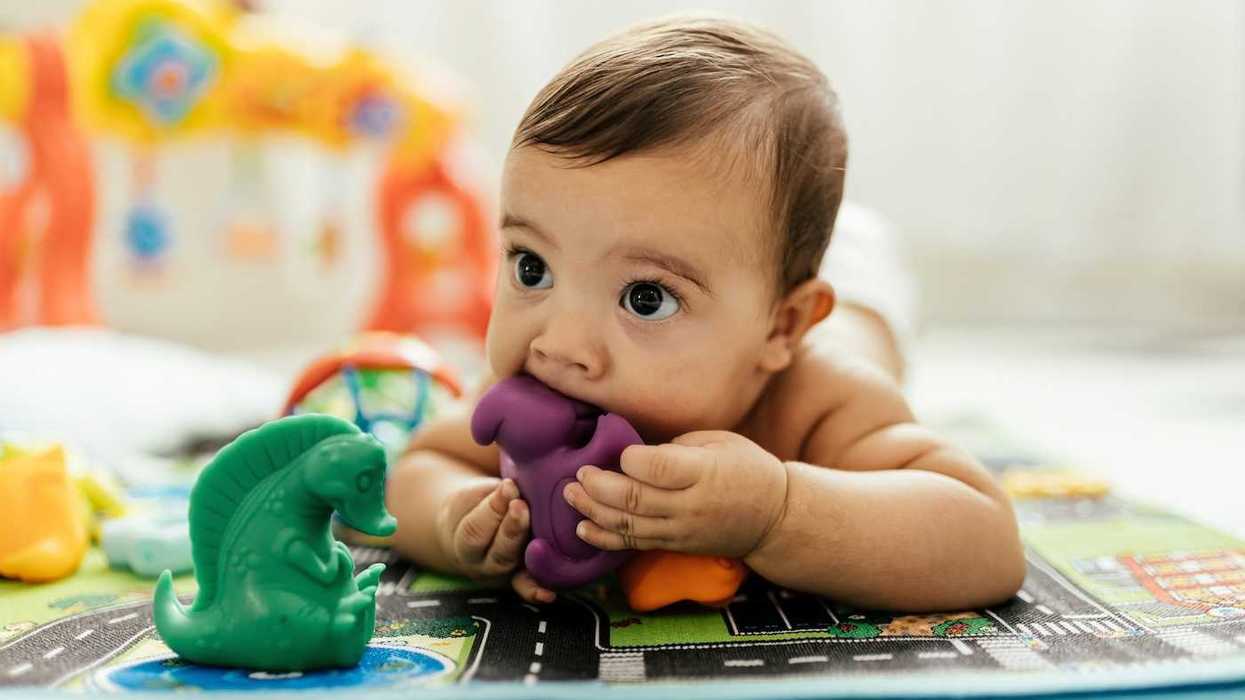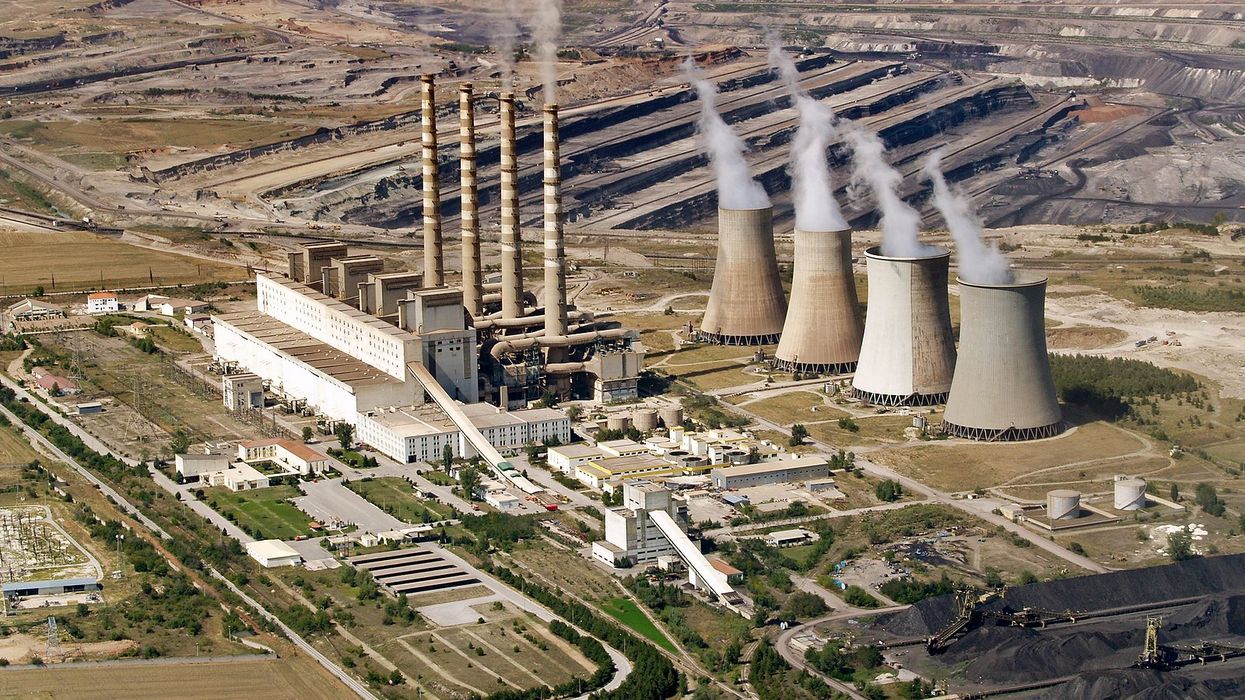In a recent U.S. study published in Environmental Research, researchers examined the impact of multiple phthalate chemicals — both individually and as mixtures — on maternal cardiovascular health.
In short:
- Exposure to certain phthalates was associated with higher blood pressure and an increased risk of developing hypertensive disorders during pregnancy.
- Increased blood pressure was also linked to exposure to mixtures of phthalates, and to chemicals designed to replace the use of phthalates.
- These associations were specific to exposures that took place during early pregnancy, suggesting that period may be a particularly sensitive window for phthalate exposure.
Key quote:
“Pregnancy is a period of heightened susceptibility to environmental chemicals.”
Why this matters:
Phthalates, which are commonly used in consumer products like cosmetics, are known to be carcinogenic, neurotoxic, toxic to reproduction, and more. Because of this widespread use, individuals are often exposed to multiple types of phthalates simultaneously, as well as newer phthalate substitute chemicals, many of which have not been tested for health risks. This study points to the need to address both the specific and cumulative health effects of endocrine disrupting chemicals in order to effectively protect public health, particularly for vulnerable populations like pregnant mothers and children.
Related EHN coverage:
- Scientists find heavy metals and phthalates in prenatal vitamins
- Understanding how the environment affects pregnant people’s health
More resources: For tips on how to avoid phthalates, see more resources from:
McNell, Erin et al. for Environmental Research vol. 279, 1. Aug. 15, 2025
- Common kinds of air pollution led to changes in teens' blood pressure, study says ›
- Many environmental exposures linked to high blood pressure in children ›





